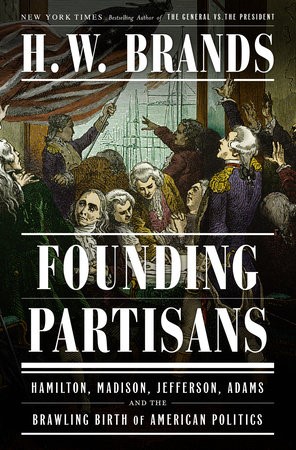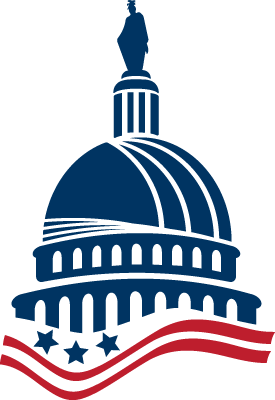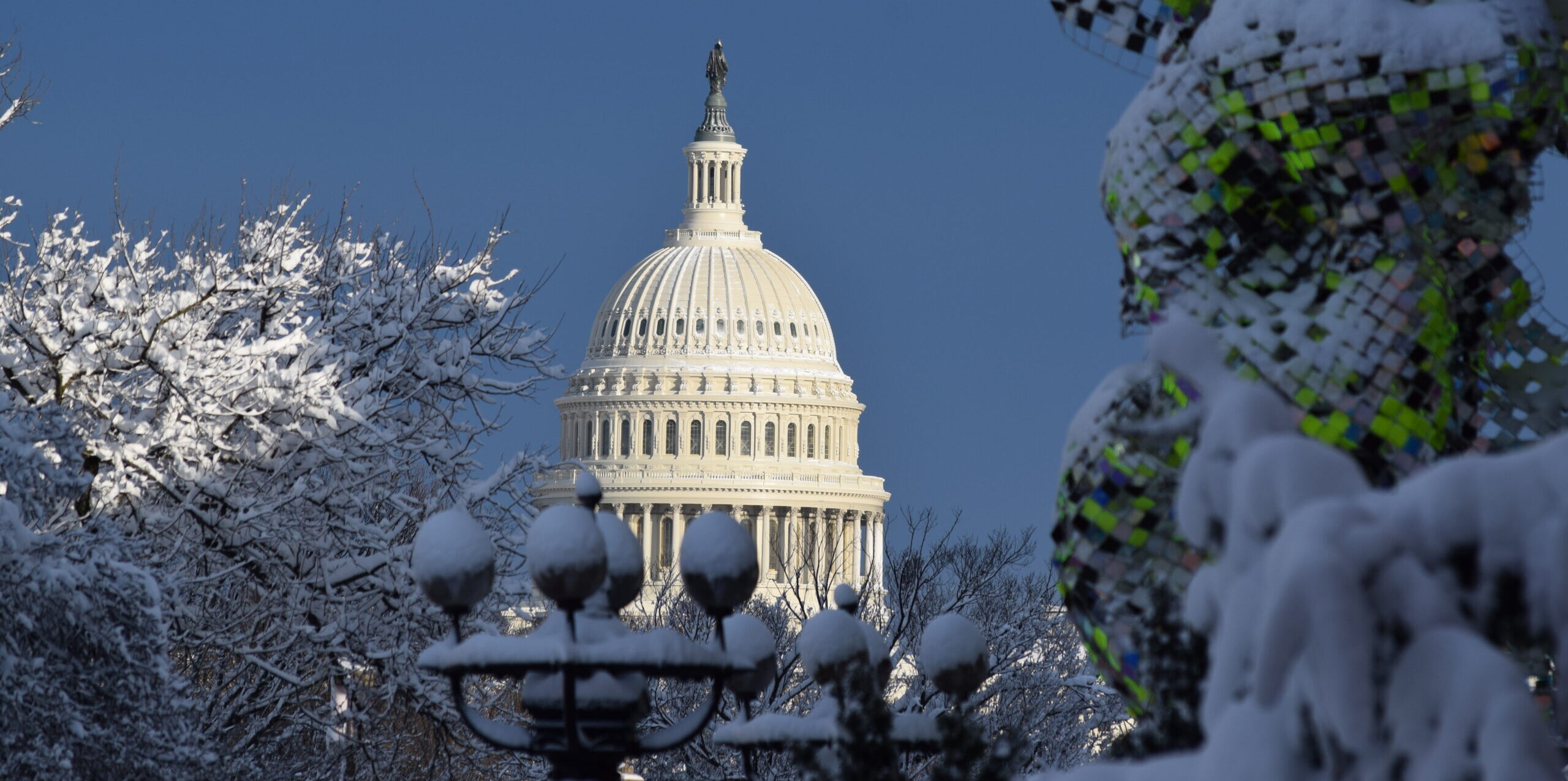
To the framers of the Constitution, political parties were a fatal threat to republican virtues. They had suffered the consequences of partisan politics in Britain before the American Revolution, and they wanted nothing similar for America. Yet parties emerged even before the Constitution was ratified, and they took firmer root in the following decade. In Founding Partisans, master historian Dr. H. W. Brands has crafted a fresh and lively narrative of the early years of the republic as the Founding Fathers fought one another with competing visions of what our nation would be.
The first party, the Federalists, formed around Alexander Hamilton, James Madison and their efforts to overthrow the Articles of Confederation and make the federal government more robust. Their opponents organized as the Antifederalists, who feared the corruption and encroachments on liberty that a strong central government would surely bring. The Antifederalists lost but regrouped under the new Constitution as the Republicans, led by Thomas Jefferson, whose bruising contest against Federalist John Adams marked the climax of this turbulent chapter of American political history.
The country’s first years unfolded in a contentious spiral of ugly elections and blatant violations of the Constitution. Still, peaceful transfers of power continued, and the nascent country made its way towards global dominance, against all odds. Founding Partisans is a powerful reminder that fierce partisanship is a problem as old as the republic.
Speaker Bio:
 Dr. H. W. Brands was born in Portland, Oregon, where he lived until he went to California for college. He attended Stanford University and studied history and mathematics. After graduating he became a traveling salesman, with a territory that spanned the West from the Pacific to Colorado. His wanderlust diminished after several trips across the Great Basin, and he turned to sales of a different sort, namely teaching.
Dr. H. W. Brands was born in Portland, Oregon, where he lived until he went to California for college. He attended Stanford University and studied history and mathematics. After graduating he became a traveling salesman, with a territory that spanned the West from the Pacific to Colorado. His wanderlust diminished after several trips across the Great Basin, and he turned to sales of a different sort, namely teaching.
For nine years he taught mathematics and history in high school and community college. Meanwhile, he resumed his formal education, earning graduate degrees in mathematics and history, concluding with a doctorate in history from the University of Texas at Austin.
He has written thirty books, coauthored or edited five others, and published dozens of articles and scores of reviews. His writings have received critical and popular acclaim. The First American and Traitor to His Class were finalists for the Pulitzer Prize and the Los Angeles Times Prize. Several of his books have been bestsellers.







